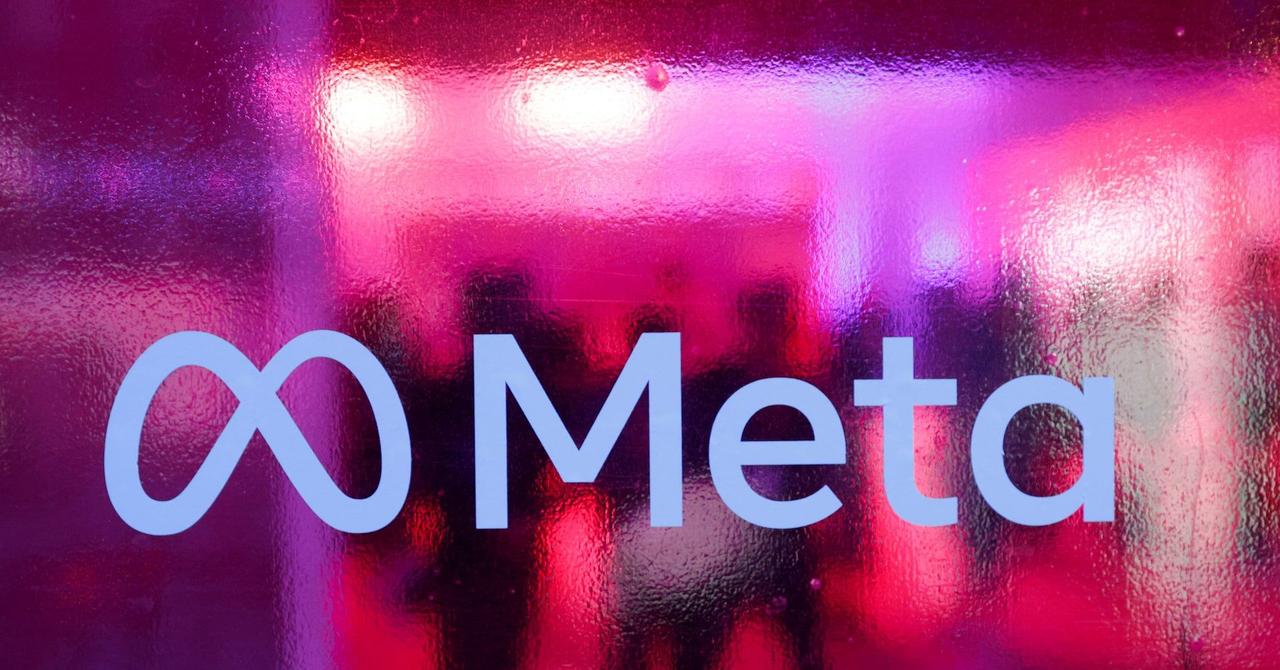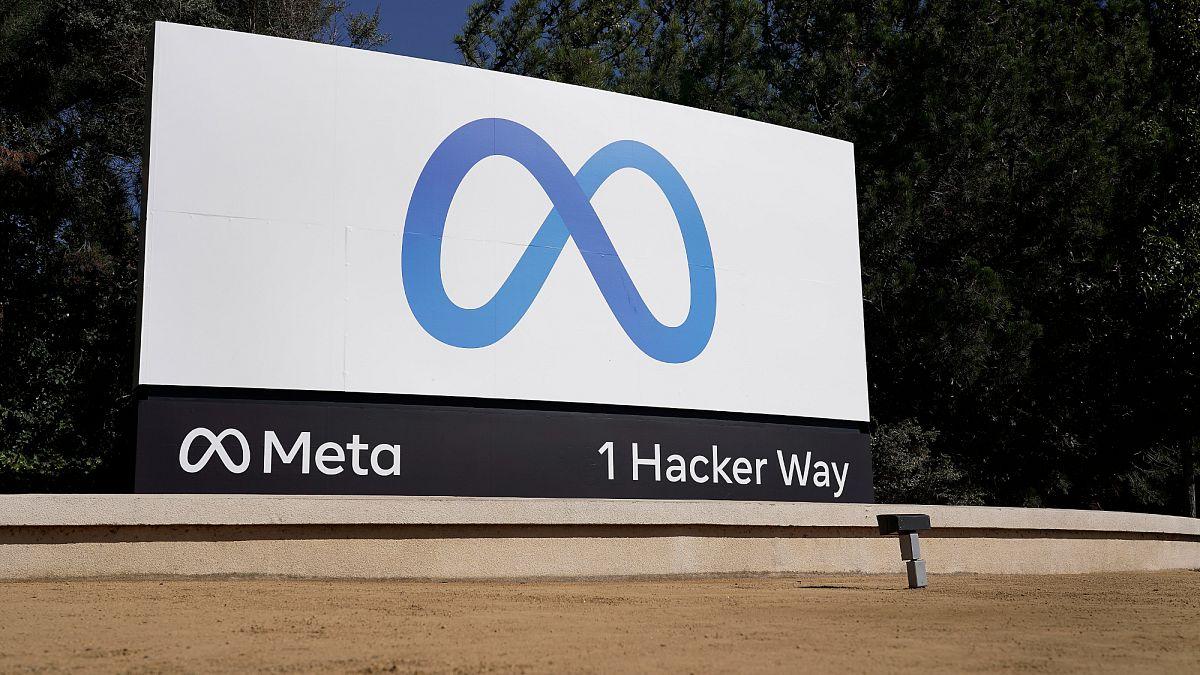Meta's Llama AI Targets UK Public Services: Hackathon Explores Healthcare Applications
2 Sources
2 Sources
[1]
Meta 'hackathon' devises ways to use AI system in UK public services
Meta asked over 200 programmers in Europe to devise ways of using Llama AI system Meta's push to deploy its artificial intelligence system inside Britain's public sector took a step forward on Monday night when the tech giant awarded development funding to technology aimed at speeding up NHS A&E waiting times. Amid rival efforts by Silicon Valley tech companies to work with national and local government, Meta ran its first "hackathon" in Europe asking over 200 programmers to devise ways to use its Llama AI system in UK public services and, one senior Meta executive said, "focused on the priorities of the Labour party". The event came after it emerged that Palantir, another US tech company, has been lobbying the Ministry of Justice and government ministers including the chancellor Rachel Reeves. Microsoft also recently agreed a five-year deal with Whitehall departments to supply its AI Copilot technology to civil servants. Meta's hackathon was addressed by Nick Clegg, the former deputy prime minister and now Meta's president of global affairs based in California. The UK AI minister, Feryal Clark, said "government can adopt AI, such as Meta's open source model, to support our key missions". Asked what was in it for Meta to provide the free technology Clegg said: "It is in the long run indirectly in our interest to see this ecosystem of Llama-based innovation because it then makes it much easier for us to reincorporate innovations that are out there into our own products." The Silicon Valley push comes amid ongoing concerns about the safety of AI, particularly in public services where clients may lack expertise or be too stretched to carry out due diligence. But Clegg, argued that fears about the risks of AI were overblown. "Who knows, maybe AI will start developing a mind of its own and will start wanting to turn us into paper clips by next Tuesday," he said. "But I think that right now, the technology is way more primitive than a lot of the fears suggest." Clark played down fears Labour might impose stringent red tape saying that while it would not "shy away from the significant risk AI represents" the government will "make sure that any regulation we introduce is proportionate, supports innovation and does not place undue burden on business". Last week Peter Kyle, the secretary of state for science and technology, admitted the government is treating the tech giants with "humility" as they outspend the British government on investment in innovation. "We are having to apply a sense of statecraft to working with companies that we've in the past reserved for dealing with other states," he said. The moves to push Meta's open source AI platform for use in the public sector follows rising concern at the influence of tech giants in the wake of the role played by Elon Musk's X platform in the US presidential election and the involvement of social media in inflaming the August riots in the UK. Asked about the approach of Meta, which runs Facebook, Instagram and Whatsapp, Clegg drew a clear contrast between Meta and X over how it handles content. "Our practices are completely different," he said. "If you look at the UK riots most of the people who caused a real problem were figures like Tommy Robinson, who has long been banned from our platform, or Andrew Tate. That's not the case on Telegram, not the case on X."
[2]
Meta wants its Llama AI in Britain's public healthcare system
A company hackathon asked developers to apply its Llama AI to health care issues. Meta is making a pitch to get its AI into the UK's public health system. The Guardian reported on Tuesday that the company held a hackathon in Europe, tasking over 200 developers to use its Llama AI to improve the country's health services. The company awarded funds for developing AI that shortens wait times in Britain's A&E rooms (ERs in the US). The UK's AI minister, Feryal Clark, told The Guardian that the "government can adopt AI, such as Meta's open-source model, to support our key missions." Earlier this month, Meta CEO Mark Zuckerberg gave the green light for Llama to work with the US government. Bloomberg reported on the same day that the company was also working with governments and contractors in Canada, Australia, New Zealand and -- as we can see movement toward now -- the UK. Given that Britain's use of the open-source AI model wouldn't provide a direct or immediate financial pipeline back to the company, The Guardian asked Meta's president of global affairs, Nick Clegg, what was in it for Meta. "It is in the long run indirectly in our interest to see this ecosystem of Llama-based innovation because it then makes it much easier for us to reincorporate innovations that are out there into our own products," Clegg, a former UK deputy prime minister, said. Mark Zuckerberg said in August that Llama was approaching 350 million downloads, which he credited to the AI model's open-source nature. Clegg sounded dismissive -- perhaps mockingly so -- of fears surrounding AI infiltrating governments. "Who knows, maybe AI will start developing a mind of its own and will start wanting to turn us into paper clips by next Tuesday," he told The Guardian. "But I think that right now, the technology is way more primitive than a lot of the fears suggest." To be fair to critics, "right now" is less of a concern than later. The UK AI minister Clark told The Guardian that the government wouldn't shy away from the significant risk AI represents. Instead, it would "make sure that any regulation we introduce is proportionate, supports innovation and does not place undue burden on business."
Share
Share
Copy Link
Meta organized a hackathon in Europe to explore applications of its Llama AI system in UK public services, with a focus on healthcare. The event highlights the growing interest of tech giants in government AI adoption.

Meta's AI Push into UK Public Sector
Meta, the tech giant behind Facebook, Instagram, and WhatsApp, has taken a significant step towards integrating its artificial intelligence system into the UK's public sector. The company recently organized its first European "hackathon," bringing together over 200 programmers to devise ways of using its Llama AI system in UK public services
1
2
.Healthcare Focus and Government Support
The hackathon's primary focus was on healthcare applications, with Meta awarding development funding to technology aimed at reducing NHS A&E (Accident and Emergency) waiting times
1
. This initiative aligns with the priorities of the UK government, as evidenced by AI Minister Feryal Clark's statement that the "government can adopt AI, such as Meta's open-source model, to support our key missions"1
2
.Meta's Strategy and Motivations
Nick Clegg, Meta's president of global affairs and former UK deputy prime minister, addressed the event, explaining the company's motivations. While Meta is providing the technology for free, Clegg stated that it is "indirectly in our interest to see this ecosystem of Llama-based innovation because it then makes it much easier for us to reincorporate innovations that are out there into our own products"
1
2
.Competitive Landscape in Government AI Adoption
Meta's push comes amid increasing efforts by Silicon Valley tech companies to collaborate with national and local governments. Other notable developments include:
- Palantir lobbying the Ministry of Justice and government ministers
1
- Microsoft's recent five-year deal with Whitehall departments to supply its AI Copilot technology
1
- Meta's ongoing work with governments and contractors in the US, Canada, Australia, and New Zealand
2
Addressing AI Safety Concerns
The integration of AI into public services has raised concerns about safety and expertise. However, Clegg downplayed these fears, suggesting that the current state of AI technology is "way more primitive than a lot of the fears suggest"
1
2
.Related Stories
Government Stance on AI Regulation
UK AI Minister Feryal Clark emphasized a balanced approach to AI regulation, stating that while the government won't "shy away from the significant risk AI represents," it will ensure that any introduced regulations are "proportionate, supports innovation and does not place undue burden on business"
1
2
.Meta's Open-Source Approach
Mark Zuckerberg, Meta's CEO, reported in August that Llama was approaching 350 million downloads, attributing this success to the AI model's open-source nature
2
. This approach allows for widespread adoption and innovation, potentially giving Meta an advantage in the competitive AI landscape.Implications for Public Sector Innovation
The collaboration between tech giants and governments marks a shift in how public sector innovation is approached. Peter Kyle, the UK's secretary of state for science and technology, acknowledged that the government is treating tech giants with "humility" due to their substantial investments in innovation, surpassing those of the British government
1
.As AI continues to evolve and integrate into public services, the balance between innovation, regulation, and public safety remains a critical consideration for both tech companies and governments alike.
References
Summarized by
Navi
Related Stories
Recent Highlights
1
French Police Raid X Office as Grok Investigation Expands to Include Holocaust Denial Claims
Policy and Regulation

2
Anthropic releases Claude Opus 4.6 as AI model advances rattle software stocks and cybersecurity
Technology

3
OpenAI launches Codex MacOS app with GPT-5.3 model to challenge Claude Code dominance
Technology








